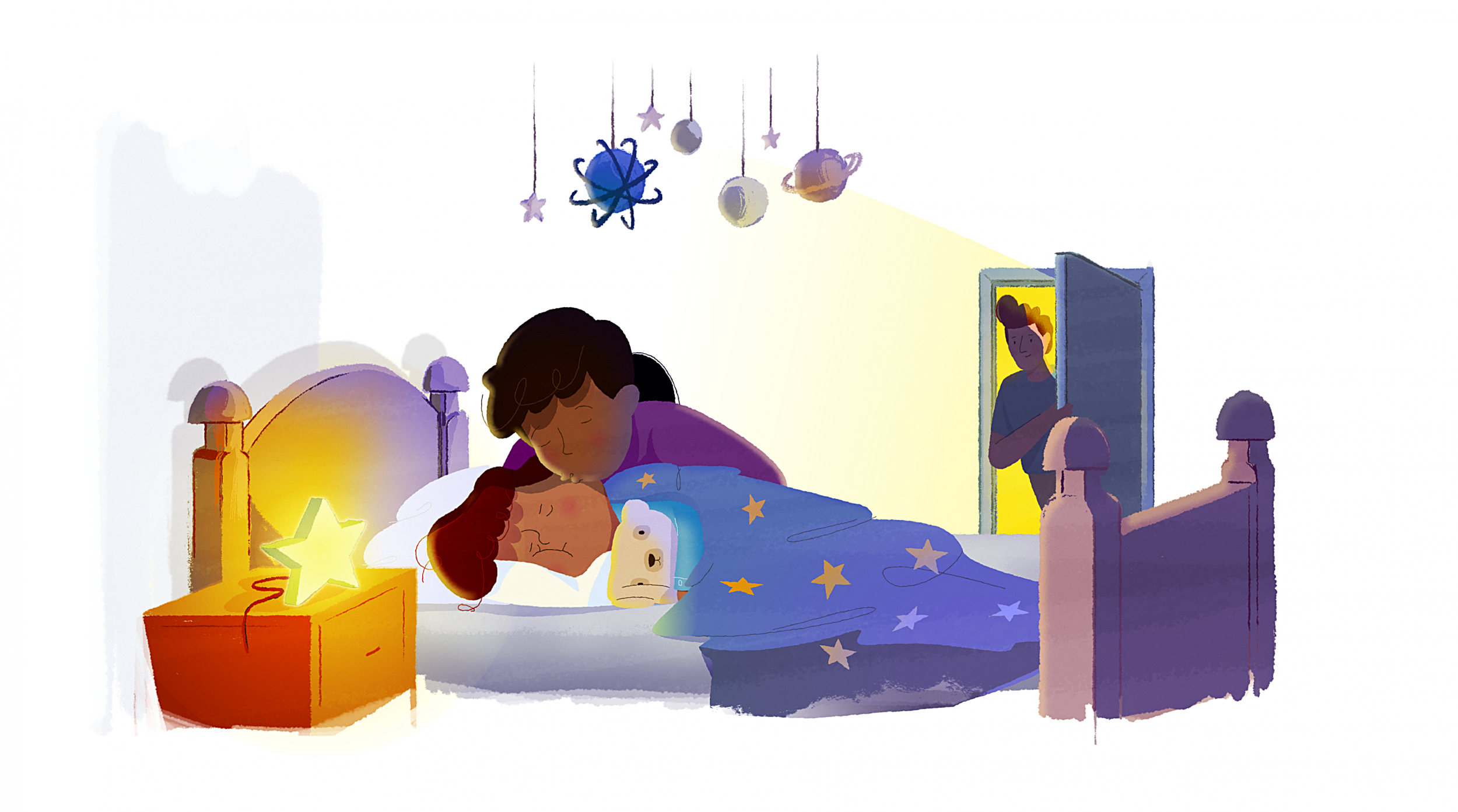One in three working parents miss children’s bedtime at least three nights a week, study claims
Many say they have considered a career change in search of more flexible hours, according to poll
Your support helps us to tell the story
From reproductive rights to climate change to Big Tech, The Independent is on the ground when the story is developing. Whether it's investigating the financials of Elon Musk's pro-Trump PAC or producing our latest documentary, 'The A Word', which shines a light on the American women fighting for reproductive rights, we know how important it is to parse out the facts from the messaging.
At such a critical moment in US history, we need reporters on the ground. Your donation allows us to keep sending journalists to speak to both sides of the story.
The Independent is trusted by Americans across the entire political spectrum. And unlike many other quality news outlets, we choose not to lock Americans out of our reporting and analysis with paywalls. We believe quality journalism should be available to everyone, paid for by those who can afford it.
Your support makes all the difference.Almost one-third of British parents work too late to say goodnight to their children at least three nights a week, a survey claims.
A poll of 1,000 working parents found more than seven in 10 relied on partners or parents to read their children a bedtime story each night.
And one-fifth have said goodnight via video chat when they cannot be there in person.
Thirty-four per cent said they felt "guilty" for missing this time, and three in 10 said they struggled to explain to their children why they needed to stay at work.
The research was commissioned by job website Indeed which partnered with children’s author Giles Paley-Phillips to create a bedtime story that makes the challenges faced by working parents more understandable for children.

Tick Tock Till Bedtime explains the highs and lows that come with the working week, and how this can affect whether a parent makes it home for bedtime or not.
Bill Richards, Indeed’s managing director, said: “After family and health, we know a job is one of the most important parts of our adult lives, and having children can change our priorities for what we want from our career.
“We can see from our own data that there has been a fundamental behavioural switch in modern working: beyond pay, most workers optimise for happiness."
The research found 18 per cent of late-running parents gave their children sweet treats to make up for staying at work too long.
One in four workers blamed "presenteeism" – feeling obliged to stay at work longer than necessary – for their late arrival home.
Fifty-seven per cent said they regularly had to stay at work beyond their contracted hours.
When it came to missing bedtime, four in 10 felt they lacked the tools to explain their jobs in child-friendly terms, and almost half said their children had "no understanding" of what their job involved.
Nearly half of the parents surveyed said they had considered a career change in an effort to find more flexible hours.

And when it came to working parents' wishlists for new roles, flexible working hours topped opportunity for progression and holiday allowance.
Mr Richards added: “We created Tick Tock Till Bedtime to celebrate having a family as one of life’s key milestones, and to open up conversations about recalibrating work/life balance.”
Mr Paley-Phillips, author of the award-winning The Fearsome Beastie, added “As a working parent I totally understand that explaining the challenges of the working world to kids can be really tough.
“We wanted to create an engaging bedtime tale which would help children understand the pressures their parents face, and encourage open dialogue at home.
“I hope the characters can become great examples for young families.”
Indeed has created a downloadable version of Tick Tock Till Bedtime and an animation which can be found at www.ticktocktillbedtime.com. There will also be a limited print run of the story.
SWNS

Join our commenting forum
Join thought-provoking conversations, follow other Independent readers and see their replies
Comments